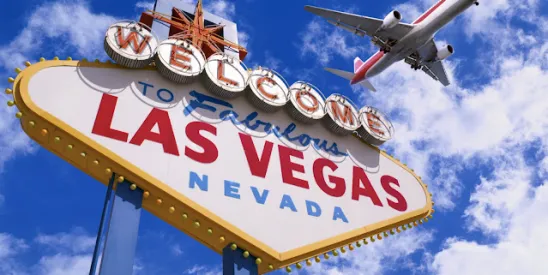As the media has widely reported, on July 13, 2018, MGM Resorts International and Mandalay Resort Group (the “Plaintiffs”) filed multiple lawsuits in federal court against the victims of the October 2017 shooting at a Las Vegas concert known as the “Route 91 Harvest Festival.” The lawsuit seeks a declaratory judgment from the court releasing the Plaintiffs from liability due to the fact that their main security provider, Contemporary Services Corporation (CSC), has been designated as a “Qualified Anti-Terrorism Technology” (QATT) under the Support Anti-terrorism by Fostering Effective Technologies Act of 2002, 6 U.S.C. §§ 441-444 (the “SAFETY Act”). See MGM Resorts Intl. v. Aase et al. 18cv6113, USDC CD California; see also MGM Resorts Intl. v. Acosta et al. 18cv1288, USDC Nevada. The SAFETY Act provides certain liability limitations for "claims arising out of, relating to, or resulting from an Act of Terrorism" where a QATT has been deployed in response to an “act of terrorism.” Id.
Although the optics of affirmatively suing victims of a mass shooting are certainly questionable, the fact remains that this case is the first of its kind to assert the SAFETY Act as a defense. Whether the SAFETY Act is applicable in this case, however, will depend on a number of threshold questions, including whether the Route 91 Harvest Festival mass shooting even qualifies as an act of terrorism.
The SAFETY Act defines an “act of terrorism” as “any act that the Secretary [of the Department of Homeland Security (DHS)] determines” is unlawful, causes harm to a person, property, or entity in the United States, and uses weapons or other methods intended to cause mass destruction, injury or other loss to citizens or institutions of the United States. Interestingly, the MGM lawsuits claim that the definition does not require a formal determination by the Secretary of DHS. Instead, Plaintiffs assert that a court can make the determination as to whether the event qualifies as an “act of terrorism” under the SAFETY Act. Specifically, Plaintiffs allege that “neither the Act nor the regulations requires a formal certification…the authority to determine whether an act of mass violence meets the statutory requirements is not exclusive to the Secretary [of DHS].” See MGM Resorts Intl. v. Aase et al. 18cv6113, USDC CD California; see also MGM Resorts Intl. v. Acosta et al. 18cv1288, USDC Nevada.
For its part, DHS has not yet formally responded to the Plaintiff’s interpretation of the SAFETY Act in these lawsuits. Instead, DHS has posted the following notice on the SAFETY Act website:
According to recent court filings, entities involved in litigation relating to the Route 91 Harvest Festival mass shooting incident have cited [the SAFETY Act] . . . Pursuant to 6 U.S.C. § 444(2), the Secretary of Homeland Security possesses the authority to determine whether an act was an “act of terrorism” for purposes of the SAFETY Act. To date, the Secretary of Homeland Security has not made any such determination regarding the Route 91 Harvest Festival mass shooting incident. The matter is currently under review within the Department of Homeland Security.
From the DHS statement, it appears that the government disagrees with the Plaintiffs’ position in the MGM litigation that the court can determine whether an act of terrorism has occurred.
We will continue to watch the case closely as it moves forward, as it will have meaningful impact not only on companies that have SAFETY Act coverage, but also on those companies that will seek coverage in the future. In the meantime, companies that deploy anti-terrorism products and services should avail themselves of all the protections that are available under the SAFETY Act.




 />i
/>i

